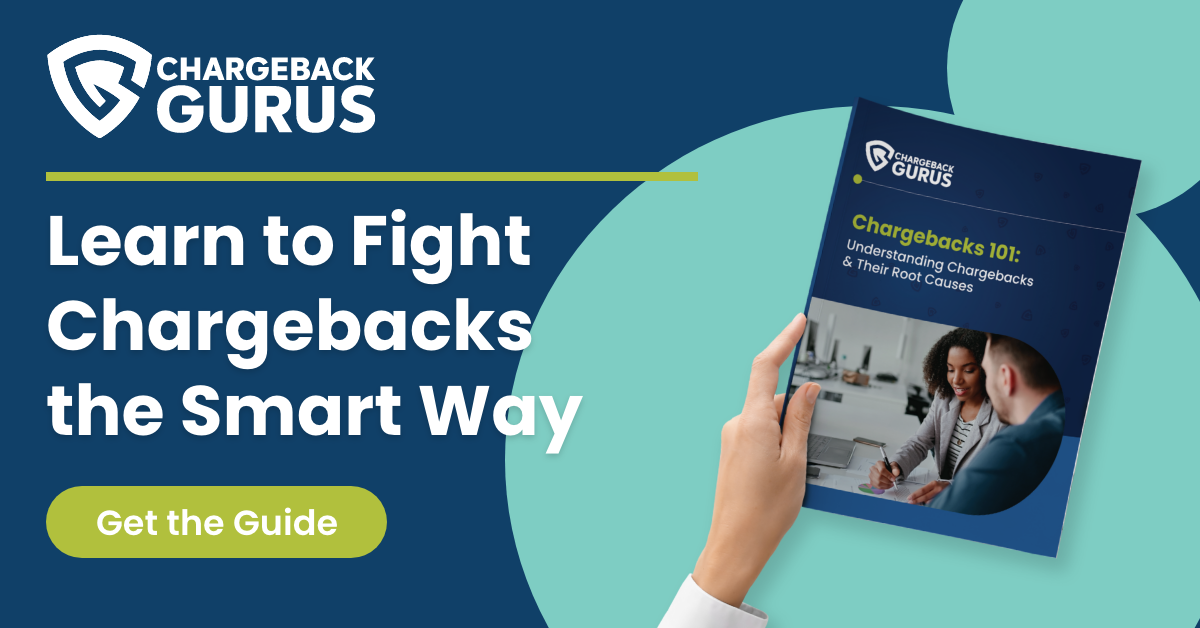New Rules Coming for Android In-App Payments
In a landmark legal development, details have been revealed about a monumental $700 million settlement with Google over allegations of anticompetitive conduct within the Google Play Store. This settlement will have a major impact on merchants who have Android apps, potentially resulting in significant cost savings.
As part of the settlement, Google has committed to implementing substantial changes in its business practices to foster a more competitive environment and prevent future anticompetitive behavior. These changes are poised to have a far-reaching impact on the landscape of in-app payments and app distribution on Android devices.
Reasons for the Lawsuit
The lawsuit against Google was driven by concerns surrounding the tech giant's alleged monopolization of the Android app distribution and in-app payment processing market. A coalition of state attorneys general argued that Google's anticompetitive practices had stifled innovation, limited consumer choices, and led to higher prices in the digital marketplace.
 One key allegation was Google's use of restrictive contracts to ensure the exclusive preloading of the Google Play Store on Android devices. This effectively shut out potential competitors, preventing alternative app stores from being readily available to users.
One key allegation was Google's use of restrictive contracts to ensure the exclusive preloading of the Google Play Store on Android devices. This effectively shut out potential competitors, preventing alternative app stores from being readily available to users.
Additionally, accusations were made that Google engaged in practices to deter developers from launching rival app stores and implemented technological obstacles that discouraged users from exploring non-Google app sources.
Google also required apps on the Play Store to process payments only through Google Play’s billing system for all purchases of digital goods and services. Apps that gave users an alternative option for such payments were required to remove it. Any app accepting in-app payments was prohibited from telling users that other payment options were available outside of the app.
The overarching concern was that these practices created a monopoly, limiting the diversity of app distribution channels and payment processors, stifling healthy competition. The lawsuit sought to address these issues and rectify the impact on consumers who may have faced higher prices and reduced choices due to the alleged anticompetitive behavior.
The settlement, while resolving the legal dispute, now paves the way for significant changes in Google's business practices to promote a more open and competitive environment.
Big Changes Coming to the Google Play Store
In a historic move, Google has agreed to a comprehensive set of changes in its business practices as part of the $700 million settlement. These changes are designed to foster competition, increase consumer choice, and prevent future anticompetitive conduct. Here are the key provisions outlined in the settlement:
- In-App Billing Systems: Google will give all developers the ability to allow users to pay through in-app billing systems other than Google Play billing for at least five years.
- Price Flexibility: Developers will be allowed to offer cheaper prices for their apps and in-app products for consumers who use alternative, non-Google billing systems for at least five years.
- Advertising Alternative Billing Systems: Developers can steer consumers toward alternative, non-Google billing systems by advertising cheaper prices within their apps for at least five years.
- Exclusive Preloading Prohibition: Google is prohibited from entering into contracts that require the Play Store to be the exclusive, preloaded app store on a device or home screen for at least five years.
- Third-Party App Installations: Users can install third-party apps on Android phones from sources outside the Google Play Store for at least seven years.
- Reduced Warnings: Google will revise and reduce the warnings that appear on an Android device if a user attempts to download a third-party app from outside the Google Play Store for at least five years.
- Support for Third-Party App Stores: Google will maintain Android system support for third-party app stores, including allowing automatic updates, for four years.
- Launch Timing Flexibility: Google will not require developers to launch their apps on the Play Store simultaneously with other app stores for at least four years.
- Compliance Monitoring: Google will submit compliance reports to an independent monitor for at least five years.
These changes collectively represent a significant shift in Google's approach to app distribution and in-app payments, fostering a more competitive and open ecosystem for developers and users alike. The impact of these changes is expected to be profound, reshaping the dynamics of the Android app market.
How the Changes Will Affect Merchants
Merchants operating on the Google Play Store will likely experience notable shifts in the dynamics of app distribution and in-app payments as a result of the groundbreaking settlement. Here are a few examples:
Diverse Payment Options
Merchants will now have the opportunity to integrate alternative in-app billing systems beyond Google Play billing. This newfound flexibility allows for a more diverse range of payment options within apps, potentially accommodating user preferences and different payment methods.
Merchants will be able actively advertise and steer users toward alternative billing systems by showcasing lower prices within their apps. This opens avenues for merchants to explore and promote a variety of lower-cost payment methods, reducing their overall cost of payment processing.
New App Distribution Channels
The reduction of warnings for users attempting to download third-party apps and the removal of other restrictions on third-party app distribution will expand the possibilities for merchants to reach their customers directly rather than going through the Google Play Store.
This also means that merchants who believe they can operate successfully without promoting their app through the Play Store may choose to forego that option entirely, meaning they would no longer be bound by the platform’s rules.
While the changes present new opportunities for merchants, adapting to them effectively will be crucial. Merchants may need to assess their in-app payment strategies, consider offering diverse payment options, and explore ways to stand out in a more competitive marketplace.
Additionally, understanding and leveraging the flexibility in app distribution channels will be key for merchants looking to maximize their reach and impact on the Android platform.
What Might Happen When the Settlement Period Expires
As merchants prepare to navigate the transformed landscape outlined by the Google settlement, it's crucial to consider the potential scenarios that may unfold once the stipulated settlement period expires. The changes agreed upon are set to be in effect for varying durations, ranging from four to seven years. When this period concludes, several possibilities may shape the future of in-app payments and app distribution on the Android platform.
The duration of the settlement period provides a window for the market to evolve and adapt to the new norms. As merchants, developers, and users become accustomed to the changes, it may be difficult for Google to justify rolling back any of the required changes.
 The changes introduced during the settlement period may pave the way for new players to enter the market. Alternative app stores, billing platforms, and innovative business models could emerge, contributing to a more diverse and dynamic ecosystem.
The changes introduced during the settlement period may pave the way for new players to enter the market. Alternative app stores, billing platforms, and innovative business models could emerge, contributing to a more diverse and dynamic ecosystem.
Merchants should keep a watchful eye on these potential developments and remain adaptable in their strategies. Staying informed about industry trends, user preferences, and any regulatory changes will be essential for merchants looking to thrive both during and after the settlement period.
Will a Similar Lawsuit Be Filed Against Apple?
Given the substantial impact of the Google settlement on the Android ecosystem, attention naturally turns to other major players in the digital marketplace. One question that arises is whether a similar legal challenge might be brought against Apple, particularly concerning its App Store practices.
In fact, similar lawsuits alleging anticompetitive practices have already been filed against Apple, but unlike Google, Apple has come out on top in those cases thus far.
One primary reason for this is Apple’s closed ecosystem. With Android, Google allowed for the existence of third-party app stores, but then allegedly engaged in anticompetitive behavior to give its own app store an advantage. Apple’s iOS, on the other hand, doesn’t allow third-party app stores at all. As backward as it may seem, there’s no anticompetitive behavior because there’s no competition.
However, the part of the settlement addressing the restriction of payment options could potentially pave the way for legal challenges focused on Apple’s similar practices.
Like Google, Apple has come under fire for taking a large cut of all payments made through their platform. If stakeholders perceive parallels between Google's practices and those of Apple, it could fuel further discussions about the need for regulatory intervention or legal action.
The Future of in-App Payments
As the tech industry navigates the aftermath of the Google settlement and speculates on the potential for similar legal actions against other major players, the future of in-app payments appears poised for transformation. The changes mandated by the settlement not only reshape Google's practices but also signal a broader shift in the approach to app distribution and payments within the digital ecosystem.
Adapting to the changes in in-app payments will be essential for merchants seeking to thrive in a marketplace that is likely to undergo further transformations. The future holds opportunities for those who can navigate the shifting terrain, delivering value to users while complying with evolving regulatory frameworks.
Thanks for following the Chargeback Gurus blog.



